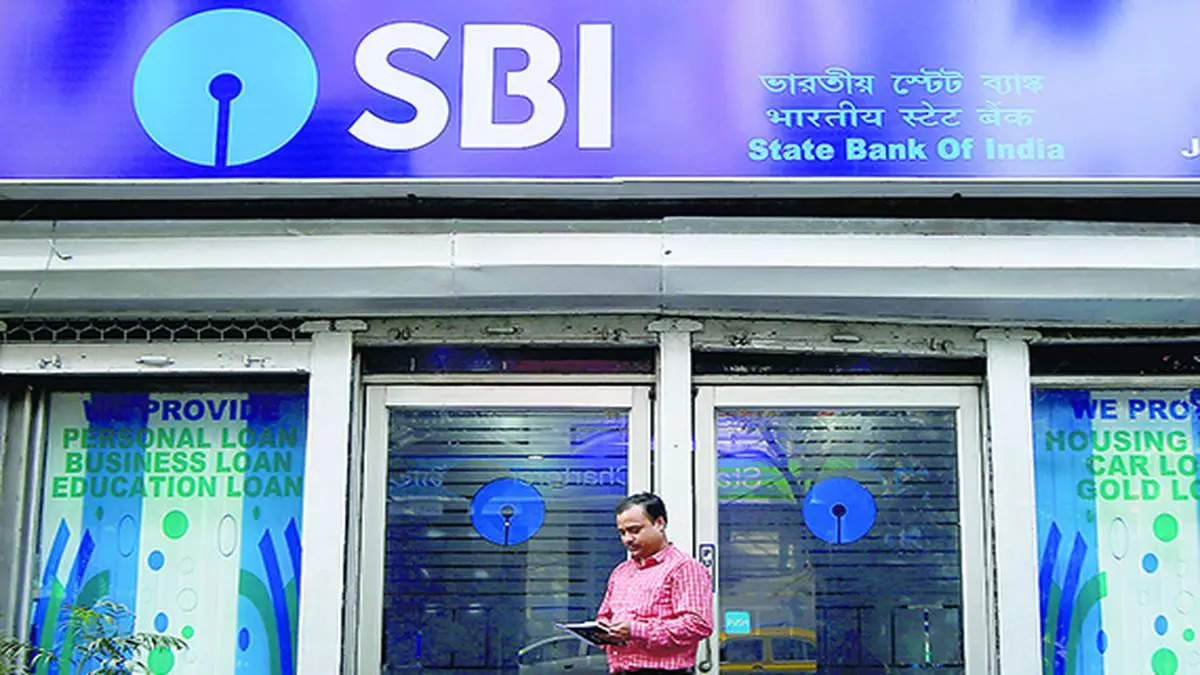Candidates who have registered for the recruitment exam for a vacancy of over 5,000 posts can download their admit cards from the official website at sbi.co.in/careers.
SBI CBO 2023 exam pattern
The SBI CBO Online test has a total duration of 2 hours and 30 minutes.Here’s the section-wise exam pattern-
SBI CBO Test A: Objective Test (Online)
There is no penalty for wrong answers marked in objective-type questions. If a question is left blank, i.e. if no answer is marked, there will be no penalty for that question.
The Banking Knowledge component is the most important section of the SBI CBO recruitment exam, with the highest weightage and more questions than any other section. This segment is especially beneficial to applicants because it contains straightforward themes with a strong factual basis, making it a potentially high-scoring area. A focused preparation on the fundamental concepts covered in this part is critical, as it helps greatly to achieving a noteworthy total score on the SBI CBO paper.
Here are a few important themes from the Banking knowledge sections that SBI CBO aspirants should focus on.
Banking Awareness & Terminologies
To excel in the Banking Awareness section of the SBI CBO exam, it’s crucial to grasp the fundamentals of the Indian banking system. Begin by understanding the role of the Reserve Bank of India (RBI), different types of banks (commercial, cooperative, etc.), and key financial instruments of transaction such as deposits and loans.
Improve your vocabulary by familiarising yourself with common banking phrases such as NPA, KYC, CRR, SLR, and Basel standards. Use tools such as flashcards or mind maps to help in memorization. Keep up with the latest changes in the banking industry, such as reforms, government laws, and rising trends like digital banking and fintech.
Financial Awareness
In preparation for the SBI CBO exam, focus on the Union Budget and comprehend key economic indicators like GDP, inflation, and fiscal deficit. Dive into the intricacies of financial markets, exploring primary and secondary markets, stock exchanges, mutual funds, bonds, and derivatives.
Broaden your perspective by understanding the global financial system, including major international institutions such as the IMF and World Bank, along with insights into major currencies.
Banking and related financial institutions
Prepare for the Knowledge on Financial Institutions portion by learning about the State Bank of India (SBI), including its structure, subsidiaries, and main goods and services. Expand your knowledge beyond SBI by becoming acquainted with other prominent actors in the financial sector, such as major public sector banks (PSBs), private banks, foreign banks, and non-banking financial corporations (NBFCs) in India, and understanding their respective responsibilities and services. Shift your emphasis to the regulatory landscape, understanding the functions of regulatory authorities like SEBI, RBI, and IRDAI in overseeing and regulating various financial institutions. This holistic approach ensures a thorough understanding of important financial organisations, their interactions, and the regulatory framework that controls them.
Principles of insurance
Prepare for the Principles of Insurance section by first mastering the fundamentals of life insurance, health insurance, and general insurance, encompassing various policy types and claim settlement procedures. Next, focus on understanding the pivotal role of the Insurance Regulatory and Development Authority (IRDAI) in regulating the insurance sector, delving into its functions and responsibilities.
Stay updated on emerging trends, particularly the growing popularity of micro-insurance and other innovative insurance products in the Indian market. This approach ensures a holistic understanding of insurance principles, regulatory dynamics, and current industry developments.
Money & Banking
Familiarise yourself with the concept of central banking, with an emphasis on the Reserve Bank of India (RBI) and its key monetary policy instruments, including the repo rate, reverse repo rate, and Cash Reserve Ratio.
Learn about how financial instruments affect the whole economy, impacting things such as inflation and interest rates. Explore the current landscape of digital payments in India, including popular techniques like the Unified Payments Interface (UPI), mobile wallets, and Aadhaar-based payments.
Integrate your knowledge by recognising the links between historical developments, central banking principles, and current trends in digital transactions to ensure a comprehensive comprehension of the subject.


